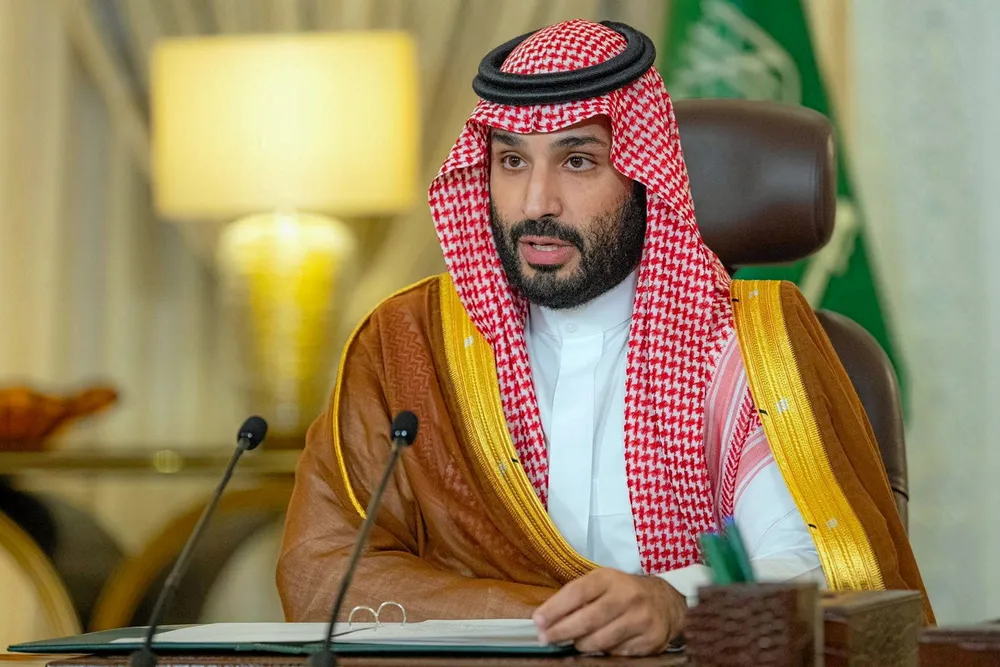Breakthrough: Saudi Arabia and Iran restore ties in landmark deal brokered by China
Iran and Saudi Arabia have agreed to resume diplomatic relations and reopen embassies within two months

Iran and Saudi Arabia have agreed to resume diplomatic relations and reopen embassies within two months
